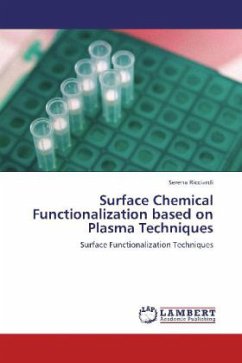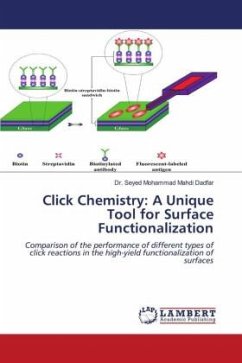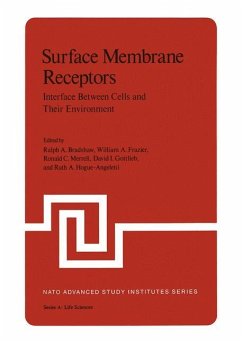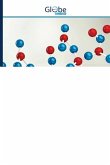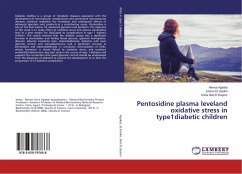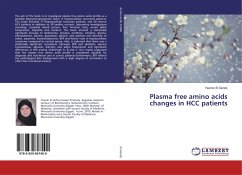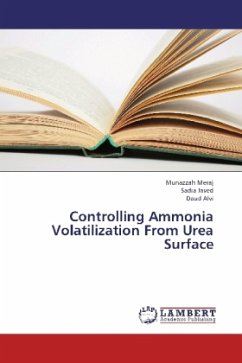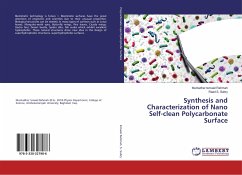A Plasma Enhanced Chemical Vapour Deposition (PECVD) technique is used to polymerize Acryilic Acid for the surface functionalization of porous silicon samples with different pore dimensions. The formed polymer show free COOH groups also at the pores inner surface, suitable for the immobilization of fluorescent labelled Protein A. The stability of the polymer and its role in the protection from aging of the porous matrix have been chracterised by ATR-FTIR, SEM, Optical Contact Angle and Fluorecence Microscopy. The polymerization process is well controllable and suitable for the functionalization of porous silicon leaving free carboxylic groups at the surface ready for the immobilization of biochemical species in sensing application
Bitte wählen Sie Ihr Anliegen aus.
Rechnungen
Retourenschein anfordern
Bestellstatus
Storno

